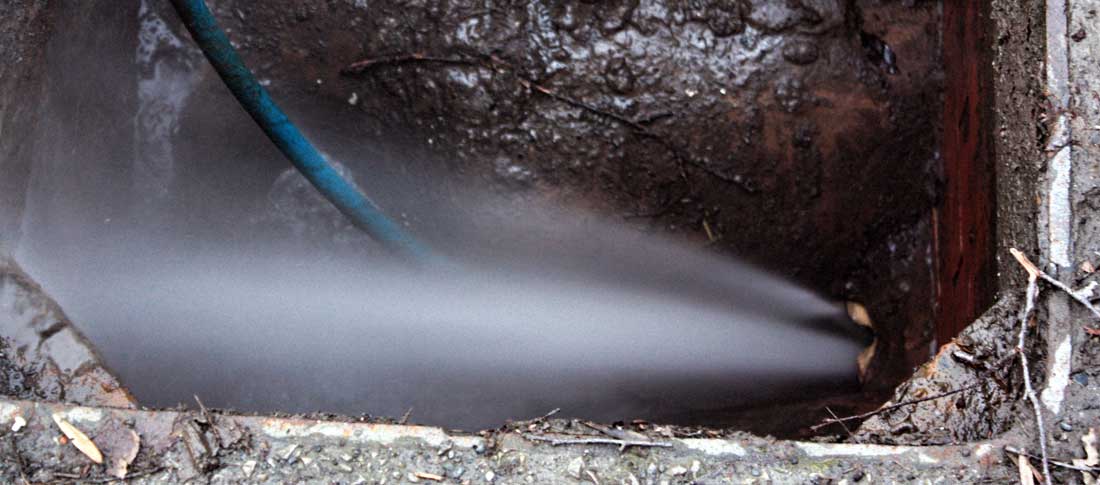Blocked Drain Reading: Causes, Solutions, and Prevention Tips
Dealing with a blocked drain is a common household issue, but it’s one that can quickly escalate from a minor inconvenience to a serious problem if not addressed properly. Whether it’s your kitchen sink, bathroom, or an outdoor drain, a blockage can disrupt your routine, cause unpleasant smells, and even lead to costly repairs if left unchecked. In this blog, we’ll explore the causes of blocked drain reading, how to identify the problem, and most importantly, the solutions and prevention methods to keep your drains running smoothly.
Common Causes of Blocked Drains
- Hair Buildup One of the most common causes of a blocked drain, especially in bathrooms, is hair. Hair strands easily wash down the drain during showers and baths. Over time, these hairs bind with soap scum, dirt, and grease, forming a blockage that restricts water flow.
- Grease and Fat In kitchen sinks, fats, oils, and grease (FOG) are the biggest culprits. When poured down the drain, these substances cool and solidify, sticking to the sides of the pipes. Gradually, they accumulate and create a blockage.
- Foreign Objects Many drains, particularly in homes with children, become blocked because of foreign objects like toys, sanitary products, wipes, or excessive amounts of toilet paper. Even products labeled “flushable” can cause blockages over time.
- Tree Roots For outdoor drains, tree roots can be a significant issue. Roots naturally grow toward moisture, and if there are even small cracks or weaknesses in your pipes, they can invade and block the drain.
- Soap Scum Soap is another surprising culprit. Over time, soap, especially in bathrooms, mixes with minerals in the water to create a thick residue that narrows the pipes and leads to slow drainage.
Signs Your Drain is Blocked
Identifying a blocked drain early can save you time and money. Here are some telltale signs:
- Slow Draining Water: If water is taking longer than usual to drain, whether in the sink, shower, or tub, it’s a sign of a potential blockage.
- Unpleasant Odors: Blockages often result in bad smells, especially in kitchen drains where food particles may be trapped.
- Gurgling Sounds: If you hear a gurgling sound after water has drained, air bubbles are being trapped by the blockage.
- Water Backing Up: In severe cases, water may back up into the sink, tub, or toilet. This is a sign that the blockage is fully restricting the flow of water.
How to Clear a Blocked Drain
If you’re dealing with a blocked drain, there are several methods you can try before calling in a professional plumber.
- Boiling Water For minor blockages caused by grease or soap scum, pouring boiling water down the drain can break down the substance, allowing it to flush away.
- Plunger A plunger is one of the simplest and most effective tools for dislodging a blockage. Ensure there’s enough water in the sink or toilet to create a seal, and plunge vigorously to force the blockage through the pipes.
- Drain Snake A drain snake or auger is a flexible tool that can reach deep into your pipes. It’s effective for pulling out hair or other debris causing the blockage.
- Baking Soda and Vinegar For a more natural approach, try a mixture of baking soda and vinegar. First, pour a cup of baking soda into the drain, followed by a cup of vinegar. Let it sit for 30 minutes before flushing with hot water.
- Chemical Drain Cleaners Though effective, chemical drain cleaners should be used with caution as they can damage pipes over time and harm the environment. They’re typically best for dissolving grease and hair.
- Call a Professional If none of the above methods work, it’s time to call in a professional plumber. A severe blockage, tree roots, or collapsed pipes require specialized tools and expertise to fix.
Preventing Blocked Drains
While blocked drains can be a hassle, the good news is that most can be prevented with a little care and maintenance.
- Use Drain Covers Installing a simple drain cover or hair trap in your bathroom and kitchen sinks can significantly reduce the risk of blockages. These covers catch hair, food particles, and debris before they enter the pipes.
- Dispose of Grease Properly Never pour fats or oils down the drain. Instead, allow them to cool and solidify, then dispose of them in the trash.
- Be Mindful of What You Flush Only flush human waste and toilet paper. Avoid flushing wipes, sanitary products, cotton balls, or any other foreign objects.
- Regular Maintenance Regularly flushing your drains with hot water or a vinegar and baking soda solution can prevent the buildup of grease and soap scum.
- Inspect Outdoor Drains For outdoor drains, particularly in areas with trees, inspect the drains regularly for blockages and consider professional root cutting services if tree roots are a recurring issue.
Conclusion
Blocked drains can be a frustrating and unpleasant problem, but with proper prevention and timely intervention, you can avoid the worst of it. Whether it’s keeping hair out of your shower drain or making sure fats and oils don’t clog your kitchen sink, a little mindfulness goes a long way. When in doubt, don’t hesitate to call a professional to ensure your pipes remain in good health.
